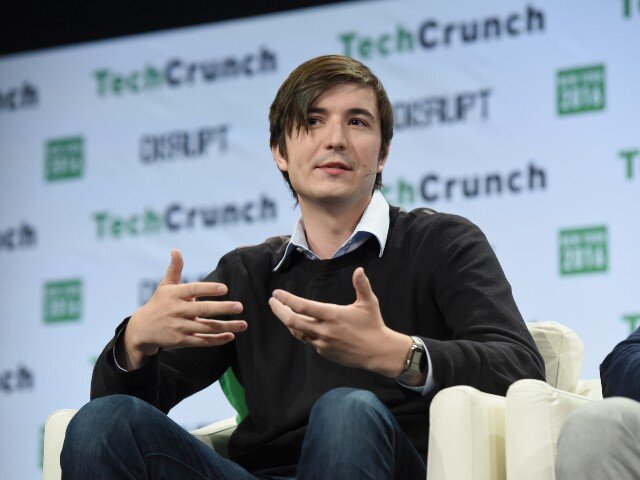Earlier the shares had been up nearly six percent. By 2:30 P.M. the shares were trading down by around five percent.
The decline comes despite the fact that shares were priced at the low end of their expected range.
Some are blaming the day one volatility on Robinhood’s unusual move to reserve a big chunk of shares for its own smaller-pocketed customers. This may have left fewer would-be investors seeking shares once they came to market. In addition, the company is allowing employees to sell up to 15 percent of their equity immediately instead of imposing a typical lockup period.
Investors are worried that the government could crush the company’s main source of revenue, known as payment for order flow. Robinhood gets paid by larger market makers to direct customer trades through their platform. This has been criticized as creating a conflict of interest between Robinhood and its customers.
In June, Securities and Exchange Commission head Gary Gensler said that “certain principal trading firms seeking to attract Robinhood’s order flow told them that there was a tradeoff between payment for order flow and price improvement for customers.
“Robinhood explicitly offered to accept less price improvement for its customers in exchange for receiving higher payment for order flow for itself. As a result, many Robinhood customers shouldered the costs of inferior executions; these costs might have exceeded any savings they might have thought they’d gotten from zero commission trading,” Gensler said.
The company has also been accused of profiting from “gamification” of trading.
Gensler spoke critically fo “gamification and other behavioral prompts” in his June remarks.
“Many of these features encourage investors to trade more, leading to more payment for order flow for the brokers,” Gensler said. “Some academic studies suggest, however, that more active trading or even day trading results in lower returns for the average trader.”
Gensler added that he had asked the SEC staff to prepare a request for public input for consideration on these issues.
The company has an estimated 22.5 million funded accounts. Its decision to abandon the practice of charging fees led to a revolution in the business model of retail trading, forcing many of its larger and more established competitors to follow suit.
Robinhood traders have helped fuel the rise of so-called “meme stocks,” including shares of AMC and GameStop. But many users resent that Robinhood temporarily locked them out of trading GameStop shares earlier this year when trading became frenzied and trading platforms demanded additional collateral to back the trades.
Barstool Sports founder and President Dave Portnoy in January said the trading curb was “flat-out criminal.”
Users of WallStreetBets celebrated the declining share price on Thursday, describing the company as a “future penny stock” and many other unmentionable terms.
Originally found on Breitbart Read More







